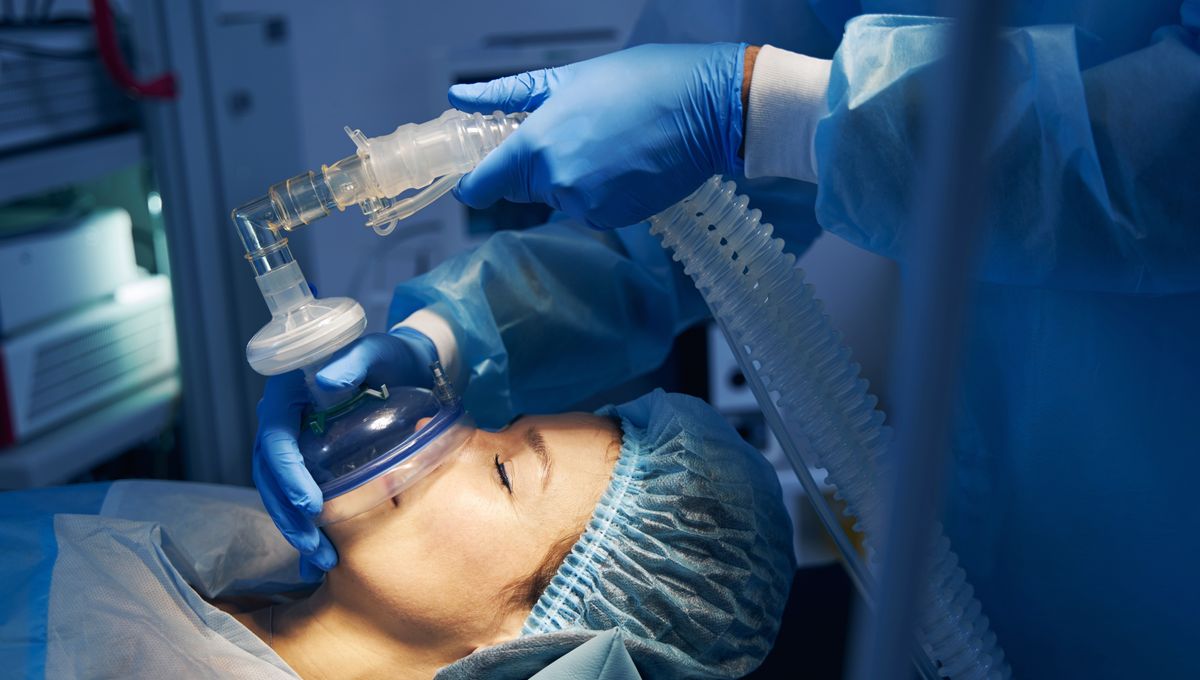
Although awareness when under general anesthetic is, thankfully, pretty rare, it’s a phenomenon that appears to affect one group more than others: females. Until now, scientists haven’t been sure quite why this happens, but a new study suggests sex hormones could be a contributing factor.
General anesthesia works in part by changing the activity of the hypothalamus, the part of the brain that regulates sleep and wakefulness, sending us into a state of controlled unconsciousness. Previous research has found that the circuits of neurons in this region differ between sexes and are modulated by sex hormones, but the impact of this on anesthesia has not been so well studied.
Researchers from the University of Pennsylvania sought to change that, first by conducting a behavioral analysis of anesthetic sensitivity in both mice and humans. In mice, this involved the animals being able to detect and remove a sticker from their snout as a sign that they had emerged from anesthesia. The data from humans came from a trial involving 30 healthy volunteers, with researchers assessing their ability to respond to sound cues and carry out tests of awareness and cognition.
In both cases, the results revealed that females took longer to become anesthetized and emerged from the state faster. They also discovered that the lesser resistance of males was modulated by testosterone; castrated male mice became more resistant, and then were less resistant when given testosterone injections.
The next stage of the study was to monitor the brain under anesthesia. The first step in this was carrying out electroencephalograms (EEGs), which can be used in clinical settings to measure the depth of the anesthetic state. Somewhat unexpectedly, this revealed no sex-based differences in either mice or humans. However, whole-brain activity mapping in mice did show differences, with higher levels of activity in the hypothalamus in male mice.
In their paper, the researchers conclude that their results “demonstrate that sex differences in anesthetic sensitivity are evolutionarily conserved and not reflected in conventional [EEG]-based measures of anesthetic depth.”
They further describe this as “covert resistance to anesthesia” and suggest that it may well explain the higher incidence of awareness under general anesthesia in females and why typical clinical approaches, such as EEGs, have not revealed any sex-based differences.
The study’s conclusion also highlights another important factor – where the information clinicians use to guide anesthesia comes from. “In clinical settings, anesthetic administration is typically guided by data disproportionally compiled in males,” the authors explain. “As we demonstrate, this approach may significantly underestimate anesthetic requirements for female patients.”
Alongside further research, studies such as this may help in the path to ensuring that anesthesia is experienced equally.
The study is published in the journal PNAS.
Source Link: Sex Hormones Could Be Why Females Are More Resistant To Anesthesia Than Males